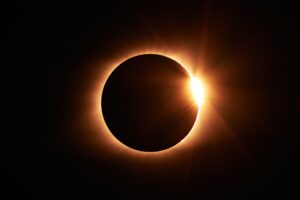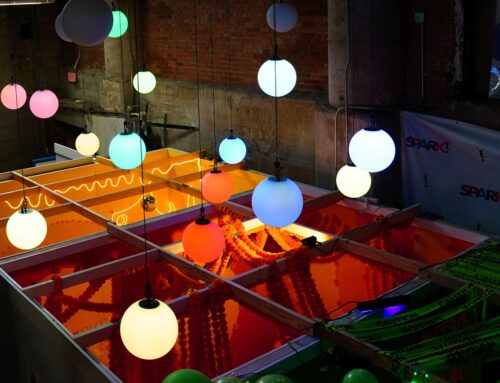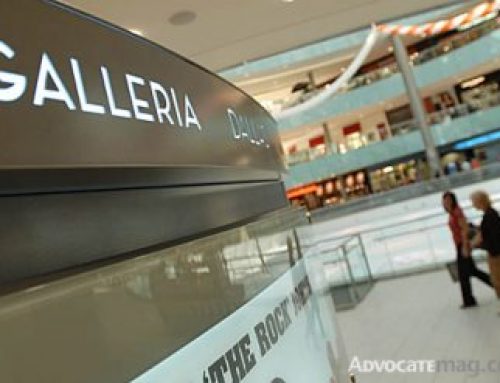
Photo courtesy of Unsplash.
North Texans can once again don special space glasses for the total solar eclipse next year on Monday, April 8, and the Frontiers of Flight Museum is offering a full-on experience.
The museum is hosting a once-in-a-lifetime event to view the eclipse. In a total solar eclipse, the Moon moves between the Sun and the Earth, resulting in a complete blockage of the Sun for a brief duration. This phenomenon leads to a darkening of the sky, the appearance of stars and a drop in temperatures. The last total solar eclipse was in 1878, and the next one won’t occur until 2317. Next year, Dallas will be the largest city in the direct path for the best viewing spot in the nation for the solar eclipse.
“Just from a scientific standpoint, it’s somewhere between 304 years that the same point on earth is going to get to see something so spectacular like the total solar eclipse again,” said Frontier of Flight Museum’s director of education, Rosalie Wade, said. “It’s really an indescribable thing to see and it’s a human event. It’s not just science, technology, engineering or math. It’s something that everyone gets to experience.”
The Total Eclipse event will run from 10 a.m. to 4 p.m., and the solar eclipse’s totality is expected to begin around 1:41 p.m. Along with the eclipse being the event’s star, there will also be featured experts to discuss the phenomenon along with fun activities and eclipse-viewing glasses for registered attendees.
“I think we’ll probably be the only event in North Texas that has kind of that level of both academic and international people on site. It really is amazing,” said Frontiers of Flight Museum President and CEO Abigail Erickson Torres.
In the case of a cloudy day, the museum already has a plan. An AV company will be on-site to set up and capture a good view from another live stream.
“There’s some really good opportunity for the community to lean more into aerospace because Houston and Florida are known as space places, but actually Dallas is a space city too, and we really talk about that as much, so let’s start talking about it,” Torres said. “We’re a space city we are so we need to embrace that more.”
Partners supporting the event include the telescope manufacturer, Celestron, and Astronomy Magazine and the Weather Channel. The Weather Channel will live stream the event to about 30,000 people in the country.
Free registration and parking information will be available on their website on Jan. 15.






